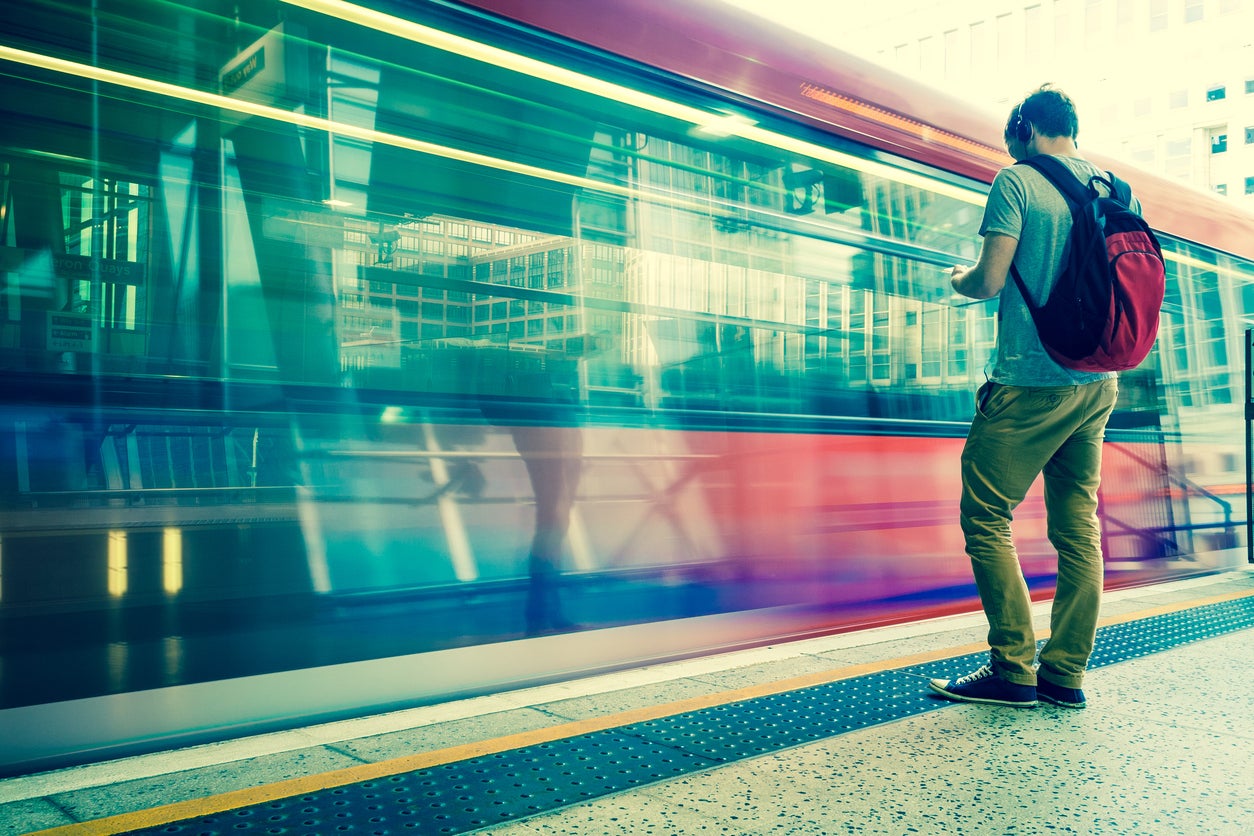How to get cheap train tickets even if rail fares rise
The annual train fare rise is predicted to be 3.5 to 3.8 per cent

Rail commuters and leisure passengers are about to learn how much more their tickets will cost from next year. The annual train fare rise, which takes effect at the beginning of each January, is based on the Retail Price Index of the previous July. The figure for July 2018 is expected to be between 3.5 and 3.8 per cent. But there are plenty of ways to secure cheaper deals. Simon Calder knows how.
Does Britain have the most expensive rail fares in Europe?
The slump in sterling means that fares in Scandinavia are generally higher than for corresponding journeys in Britain, but it is certainly true to say that some of the prices paid for rail travel in the UK are eye-wateringly high. Between Rugby and London Euston, for example, Virgin Trains passengers pay around £1 per mile: £70 for a one-way “walk-up” Anytime ticket. Fortunately, though, the UK also has a wider range of possible savings than any other country.
Is it only cheap if you book ahead?
Advance tickets generally offer the best deal. You must commit to a specific date and train, and if you miss it then you are flummoxed. You can change them before travel, on payment of a fee and the (almost inevitable) increase in fare.
These days, you don’t need to book the day before on many operators; that means you can lock into savings for trains departing as little as 15 minutes ahead. CrossCountry led the way and other operators are catching up.
Should you book through The Trainline?
You can buy from this agency, which adds a fee, or any operator, but it is generally best to book direct in my experience. On Virgin Trains (operating on the west coast main line from London to Birmingham, Manchester and Glasgow), you get an automatic refund of some or all of the cost if your train is half an hour late or longer. And on LNER (London to Yorkshire, Newcastle and Edinburgh), the onboard wifi is free if you book direct.
What if you need to travel immediately and during the rush hour?
Let's take the example of travelling from Rugby to London. There are two good ways to save. The simplest is to opt for a slower journey on London Northwestern Railway, which covers the same trip in about 30 minutes longer. Its Anytime fares are much lower, at £50 one way.
Alternatively, split the ticket. The arcane way in which fares are calculated, which was “baked in” at the time of privatisation in the mid-1990s, means that for all sorts of journeys from Origin to Destination, two tickets – one from Origin to Midpoint, the second from Midpoint to Destination – are cheaper than one. On the Rugby-London run, for example, buying one ticket from Rugby to Milton Keynes Central and a second from there to London halves the price.
Are there any pitfalls when splitting a ticket?
Oh yes. The mistake some “ticket-splitters” make is to board a train that does not stop at the middle station. For example, from London Paddington to Bath and Bristol, the long-established ticket-split is to break the journey at Didcot Parkway; it even has a name, the “Didcot Dodge”. But half the trains on this route do not stop there. The offending splitter is regarded as travelling without a valid ticket: the two tickets he or she has are for a station that the train passed through at 125mph. The train manager can levy the appropriate fare.
Should you avoid ticket-splitting?
No, so long as you pay attention to the train timetable. And, unlike me one morning earlier this year, make sure the train both sets down and picks up at the station (the inspector let me off because I had explained to ticket staff at Birmingham International exactly what I wanted to do, and they had happily sold me two tickets).
Ticket-splitting also helps you when you are travelling on the border of peak/off-peak times. For a flying start from London to York, for example, you can save on the 9am train by travelling peak (ie on an Anytime ticket) to Peterborough and off-peak from there.
But for a bigger saving, opt for the “open-access operator”: Grand Central. This German-owned firm offers big savings between London and Yorkshire, as does Hull Trains.
Insider tip
If you qualify for a railcard, then get one. Being young (16-25), old (60-plus Senior Railcard), travelling with an under-16 (Family and Friends) or a special person (Two Together) qualifies you for 34 per cent off most fares. Costing just £30, it could pay for itself in savings within one or two journeys.
Join our commenting forum
Join thought-provoking conversations, follow other Independent readers and see their replies
Comments
Bookmark popover
Removed from bookmarks